ATHENS, Greece: Leveraging advancements in 3D printing, researchers in Greece have outlined a methodology for designing patient-specific 3D scaffolds for periodontal tissue regeneration using CBCT data. Early results suggest that using this CBCT data to create 3D models of the hard tissue around periodontal defects holds promise for individualised periodontal treatments. The ultimate goal is to produce bioabsorbable 3D-printed scaffolds that double as sustained-release drug carriers, targeting periodontitis.
Periodontitis leads to osseous defects compromising tooth support. Traditional methods like grafting utilise donor bone tissue as scaffolds for new bone formation. However, ensuring a perfect fit to prevent soft-tissue proliferation remains a challenge. The emergence of CBCT-based 3D modelling offers a promising solution. This innovative approach aims to design patient-specific scaffolds, setting the stage for personalised periodontitis treatment and broader clinical applications.
The process involves two key scaffold design methods: one for periodontal defect customised block grafts and another for extraction socket preservation customised grafts. The significance of the methods lies in the personalisation of treatment using CBCT data to model the teeth and alveolar bone in regions with periodontal defects.
Both models of the scaffolds and models of the hard tissue around the periodontal damage were 3D-printed using a fused deposition modelling 3D printer. Such advancements lay the foundation for the 3D printing of bioabsorbable scaffolds which are tailored for periodontitis treatment and which can also potentially act as drug delivery systems.
The research’s novelty resides in its emphasis on detailing the scaffold design process and its capability of capturing intricate osseous defects and thereby producing highly accurate scaffolds. This research paves the way for future exploration and clinical applications, including improved image segmentation algorithms, comparisons of 3D-printing techniques, utilisation of biodegradable materials for drug delivery and the clinical testing of 3D-printed grafts in patients. However, a significant limitation is the study’s inability to compare the accuracy of the CBCT models with real patient scenarios, underscoring the need for future collaborations with clinical researchers. As biotechnological advancements continue, it is anticipated that related ethical and regulatory challenges will be addressed.
The study, titled “CBCT-based design of patient-specific 3D bone grafts for periodontal regeneration”, was published online on 30 July 2023 in Journal of Clinical Medicine.
Tags:
LONDON, UK: Factors such as glucose metabolism, nutrition, oxidative stress and ageing drive periodontal progression. However, current periodontal ...
BRISBANE, Australia: A team of biomedical researchers at the University of Queensland in Brisbane have undertaken a groundbreaking study that demonstrates ...
QINGDAO, China: Researchers at the Institute of Oceanology Chinese Academy of Sciences have developed a new high-definition sequence of the sea cucumber’s...
EDMONTON, Alberta, Canada/LONDON, U.K.: Given that more than 2.3 billion people are estimated to suffer from dental caries, any potential advances in dental...
Big data use in dental research is proving quite useful in identifying potential confounding variables and health factors that could affect treatment ...
BIRMINGHAM, England: Diabetes is one of the most common chronic conditions in Europe and is strongly associated with periodontitis. An estimated one in ...
GENEVA, Switzerland: Last week, GC International held the Symposium on Innovation in Biomaterials for Periodontal Regeneration as part of the CED/NOF-IADR ...
NEW YORK, US: Oral tumours can cause agonising pain and thus greatly impair the quality of life of patients. Researchers from the New York University ...
In order to provide an alternative implant solution for those patients with poor medical preconditions, Prof. Nils-Claudius Gellrich, director of the clinic...
BARCELONA, Spain: The International Osteology Symposium 2023 was held in Barcelona from 27 to 29 April, and the event was a resounding success, drawing ...
Prof. Dr. Marcel A. Wainwright DDS, PhD
Live webinar
Wed. 25 February 2026
11:00 am EST (New York)
Prof. Dr. Daniel Edelhoff
Live webinar
Wed. 25 February 2026
1:00 pm EST (New York)
Live webinar
Wed. 25 February 2026
8:00 pm EST (New York)
Live webinar
Tue. 3 March 2026
11:00 am EST (New York)
Dr. Omar Lugo Cirujano Maxilofacial
Live webinar
Tue. 3 March 2026
8:00 pm EST (New York)
Dr. Vasiliki Maseli DDS, MS, EdM
Live webinar
Wed. 4 March 2026
12:00 pm EST (New York)
Munther Sulieman LDS RCS (Eng) BDS (Lond) MSc PhD



 Austria / Österreich
Austria / Österreich
 Bosnia and Herzegovina / Босна и Херцеговина
Bosnia and Herzegovina / Босна и Херцеговина
 Bulgaria / България
Bulgaria / България
 Croatia / Hrvatska
Croatia / Hrvatska
 Czech Republic & Slovakia / Česká republika & Slovensko
Czech Republic & Slovakia / Česká republika & Slovensko
 France / France
France / France
 Germany / Deutschland
Germany / Deutschland
 Greece / ΕΛΛΑΔΑ
Greece / ΕΛΛΑΔΑ
 Hungary / Hungary
Hungary / Hungary
 Italy / Italia
Italy / Italia
 Netherlands / Nederland
Netherlands / Nederland
 Nordic / Nordic
Nordic / Nordic
 Poland / Polska
Poland / Polska
 Portugal / Portugal
Portugal / Portugal
 Romania & Moldova / România & Moldova
Romania & Moldova / România & Moldova
 Slovenia / Slovenija
Slovenia / Slovenija
 Serbia & Montenegro / Србија и Црна Гора
Serbia & Montenegro / Србија и Црна Гора
 Spain / España
Spain / España
 Switzerland / Schweiz
Switzerland / Schweiz
 Turkey / Türkiye
Turkey / Türkiye
 UK & Ireland / UK & Ireland
UK & Ireland / UK & Ireland
 Brazil / Brasil
Brazil / Brasil
 Canada / Canada
Canada / Canada
 Latin America / Latinoamérica
Latin America / Latinoamérica
 USA / USA
USA / USA
 China / 中国
China / 中国
 India / भारत गणराज्य
India / भारत गणराज्य
 Pakistan / Pākistān
Pakistan / Pākistān
 Vietnam / Việt Nam
Vietnam / Việt Nam
 ASEAN / ASEAN
ASEAN / ASEAN
 Israel / מְדִינַת יִשְׂרָאֵל
Israel / מְדִינַת יִשְׂרָאֵל
 Algeria, Morocco & Tunisia / الجزائر والمغرب وتونس
Algeria, Morocco & Tunisia / الجزائر والمغرب وتونس
 Middle East / Middle East
Middle East / Middle East

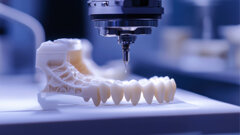
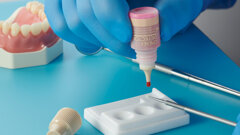


















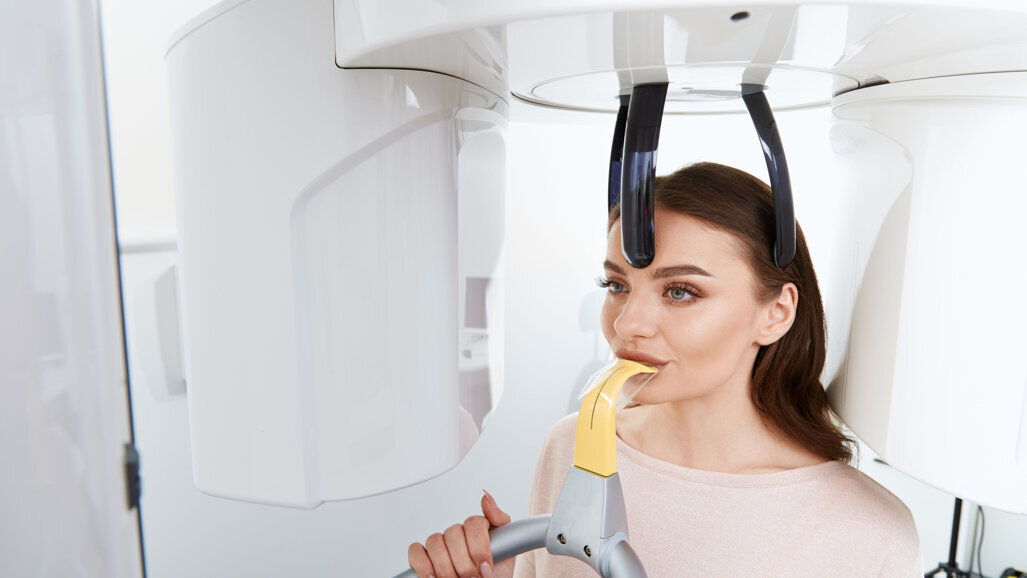




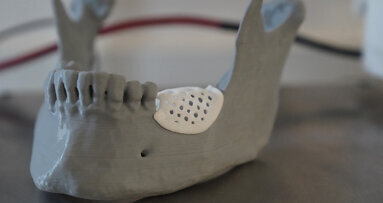

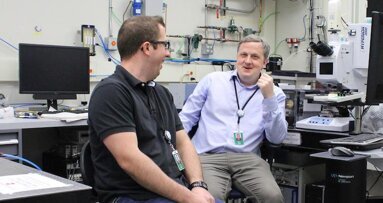
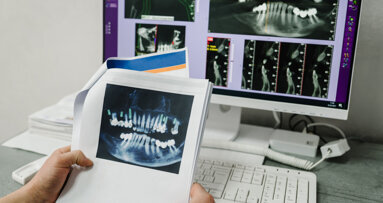

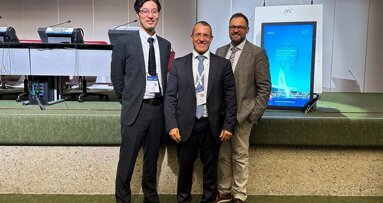

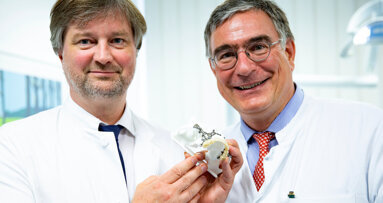
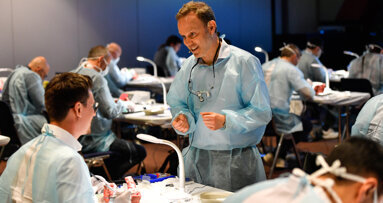









To post a reply please login or register